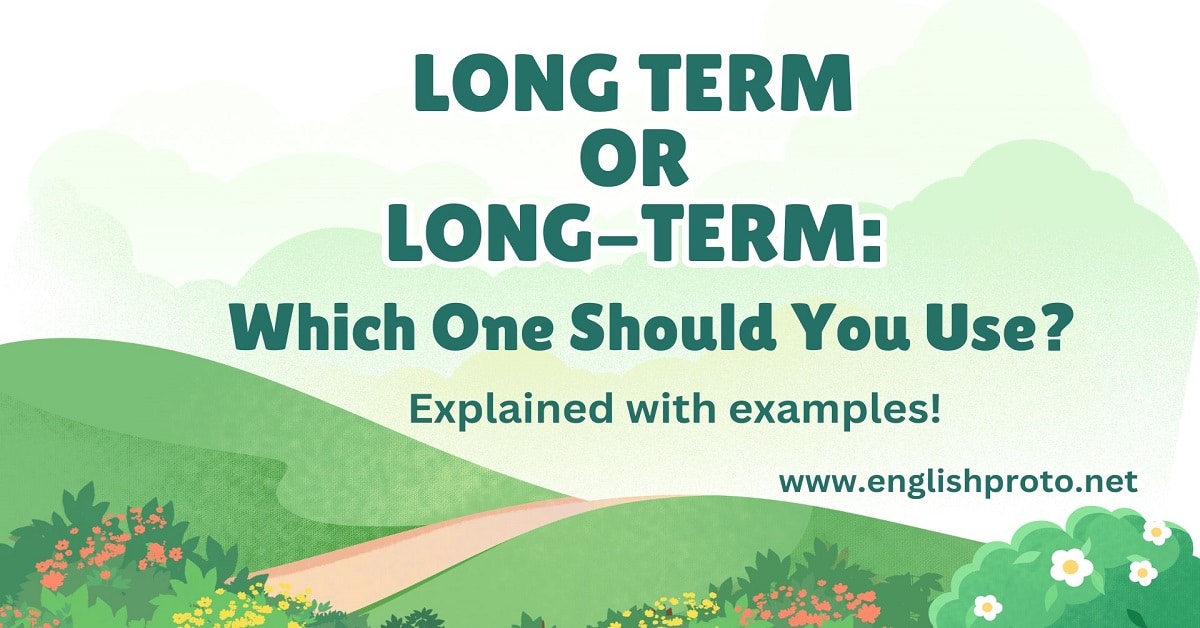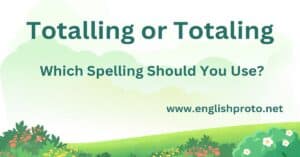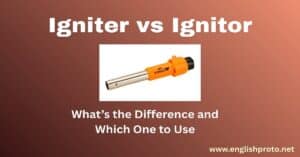Long Term or Long-Term: Which One Should You Use? You’ve probably paused mid-sentence, wondering whether to hyphenate or not.
It’s a tiny detail, yet it can make a world of difference in clarity and professionalism. Don’t worry, you’re not alone. Even seasoned writers stumble over this common grammar puzzle.
In this article, we’ll break it down simply and clearly. You’ll discover when to use “long-term” as an adjective and “long term” as a noun or adverbial phrase. No fluff, no jargon, just practical tips and examples to ensure you never second-guess yourself again. Let’s dive in!
Quick Summary
The difference between “long term” and “long-term” boils down to grammar and sentence structure:
- “Long-term” → A hyphenated adjective used to modify a noun.
- Example: “We need a long-term plan for success.”
- “Long term” → A noun phrase or an adverbial phrase, referring to an extended duration.
- Example: “In the long term, this approach will be beneficial.”
⚡ Quick Tip: Use the hyphen when “long-term” modifies a noun directly. Omit the hyphen when it functions as a standalone noun or as part of a prepositional phrase.
Key Takeaways
✅ “Long-term”: Always used as an adjective before a noun.
✅ “Long term”: Used as a noun phrase or in adverbial expressions.
Reasons for Confusion
Why does such a seemingly straightforward choice trip up so many writers? There are a few key reasons:
- Grammar Nuances: Hyphenation rules for compound adjectives aren’t always intuitive, and many writers aren’t sure when modifiers need a hyphen.
- Spoken vs. Written Language: In speech, “long term” and “long-term” sound identical, making it hard to internalize their distinct roles in writing.
- Regional Differences: British and American English sometimes handle hyphenation differently, adding an extra layer of uncertainty.
- Similar Phrases: Other time-related terms, such as “short term”, “full time”, and “part time,” follow similar rules, and the patterns can be tricky to remember.
- Autocorrect and Spellcheck: Some text editors may not always catch these subtle distinctions, leaving writers unsure if they’ve made the right choice.
⚡ Quick Tip: Pay attention to how the phrase functions in your sentence. Is it describing something (adjective)? Or is it standing on its own (noun/adverb)?
Detailed Explanation
Let’s break this down further with clear explanations, rules, and examples.
- When to Use “Long-term”
The hyphenated “long-term” serves as a compound adjective. Its primary role is to modify a noun, creating a single descriptive unit.
Rules for Using “Long-term”:
- Always hyphenate when it comes before a noun.
- Do not use “long-term” on its own as a noun or adverb.
Correct Examples: ✅ “We need a long-term strategy to address this issue.” ✅ “His long-term commitment to the project earned him respect.”
Incorrect Examples: ❌ “This plan will work in the long-term.” (It should be “in the long term.”) ❌ “She invested in the long-term.” (It should be “in the long term.”)
The hyphen ties “long” and “term” together, signaling to the reader that they function as one unit modifying the following noun.
- When to Use “Long term”
The unhyphenated “long term” serves as either:
- A noun phrase (functioning as a subject or object).
- An adverbial phrase (typically used with prepositions like “in” or “over”).
Rules for Using “Long term”:
- Use it as a standalone noun phrase.
- Use it in prepositional phrases, such as “in the long term” or “over the long term.”
Correct Examples: ✅ “The long term is difficult to predict.” (Noun phrase) ✅ “This decision will benefit us in the long term.” (Adverbial phrase)
Incorrect Examples: ❌ “We are planning for the long-term.” (It should be “the long term.”) ❌ “The results will be seen in the long-term.” (It should be “in the long term.”)
When the words are not modifying a noun directly, the hyphen is unnecessary.
Common Errors
Let’s clarify these errors further with a comparison table:
| Incorrect Usage | Reason | Correct Usage |
|---|---|---|
| “This is a long term goal.” | Missing hyphen for adjective usage. | “This is a long-term goal.” |
| “In the long-term, profits grew.” | Hyphen not needed in adverbial usage. | “In the long term, profits grew.” |
| “She plans for the long-term.” | Incorrect use of hyphen with noun phrase. | “She plans for the long term.” |
⚡ Quick Tip: If you’re unsure, try removing one word and see if the sentence still makes sense.
Synonyms or Alternatives:
Sometimes, repeating “long term” or “long-term” can make your writing sound repetitive. Here are some alternative phrases:
- Prolonged
- Sustained
- Enduring
- Extended
- For an extended period
Examples:
- “She aims for sustained growth.”
- “This change will impact us over an extended period.”
Examples in Sentences
To further cement your understanding, here are examples in various contexts:
- As an Adjective: “The company’s long-term objectives focus on innovation.”
- As a Noun Phrase: “The long term is full of uncertainties.”
- As an Adverbial Phrase: “This plan will succeed in the long term.”
Origins and History
The term “long term” originated in the early 19th century, primarily within financial contexts. It was used to describe investments or bonds held for an extended period. Over time, its usage spread to other areas, medicine, business, and everyday speech.
The hyphenated form, “long-term,” became more common as grammar rules around compound adjectives solidified in the 20th century. Today, the distinction is widely recognized in academic, professional, and casual writing.
Conclusion: Long Term or Long-Term
The difference between “long term” and “long-term” might seem minor, but it significantly impacts clarity and professionalism.
⚡ Final Recap:
- “Long-term” → Adjective (before nouns).
- “Long term” → Noun phrase or adverbial phrase.
Next time you’re faced with this choice, remember: Is it describing a noun or standing alone? Mastering this subtle rule will instantly elevate your writing and make your communication sharper.
Language is all about precision, and now, you have one less grammatical hurdle to worry about!



